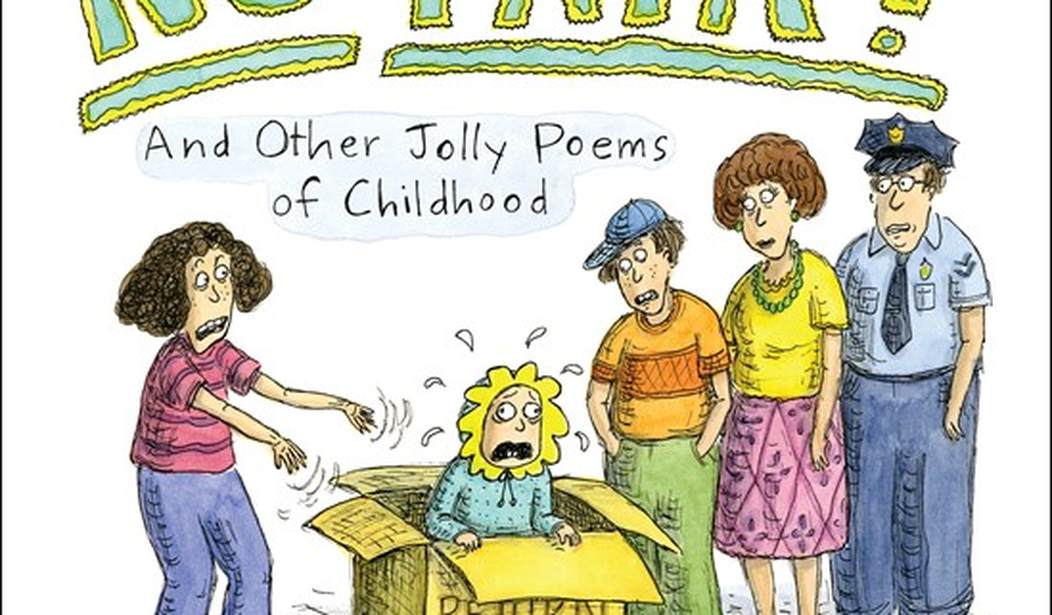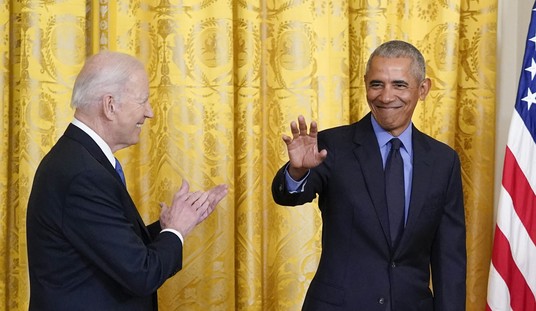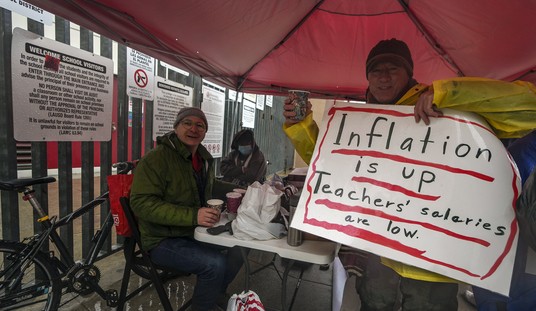There are those who take a stake in an issue with mere verbal posturing and those who effectively make a grander statement by taking action on behalf of their moral compass. The latter should be praised, but then there should at least be something tangible — recognizable — in those selfless acts. After all, what is the purpose of making a grand sacrifice if it not only has no definable impact but instead leads to head-scratching reactions?
I bring this up because of the missive delivered by the mellifluous fount of florid linguistics, Anne Boyer, the poetry editor for the New York Times. Ah, forgive me as I succumbed to a blunderous attempt, given I delivered a contemporaneously inartful descriptor of Ms. Boyer’s vocational status. She is forthwith the former poetry editor of The Times.
It seems Ms. Boyer is rather upset with the coverage of the Israel-Hamas conflict in her periodical, and as a result, she has resigned her position. The specifics behind this move, it must be said, are rather veiled, based on the open resignation she posted on Substack.
I have resigned as poetry editor of The New York Times Magazine. The Israeli state's U.S-backed war against the people of Gaza is not a war for anyone. There is no safety in it or from it, not for Israel, not for the United States or Europe, and especially not for the many Jewish people slandered by those who claim falsely to fight in their names.
It is not clear what, if these slanderers are doing so falsely, they are actually fighting for. In fact, throughout her resignation letter, Ms. Boyer is not very clear on much at all. It is left to us to divine that she takes some form of opposition to the Israeli effort, based in part on this quixotic entry.
Its only profit is the deadly profit of oil interests and weapon manufacturers.
It comes as a surprise that this conflict is over oil. It comes as an even bigger surprise, if this was the motivation, that Israel had not tapped into those reserves during the decades when it controlled the region currently under fire. But hey, what do I know? I’m no poet.
In the face of losing the support of poets, perhaps Benjamin Netanyahu should speak to the press in sonnets. Maybe the IDF press releases should be delivered in iambic pentameter. Maybe then they can recapture the hearts of the lyrical set? After some sympathetic prose from Anne for the Palestinians (none for the murdered nor kidnapped Israelis, for the record), we then get this gauzy passage that explains her actions in quitting. I think.
Because our status quo is self-expression, sometimes the most effective mode of protest for artists is to refuse. I can’t write about poetry amidst the "reasonable" tones of those who aim to acclimatize us to this unreasonable suffering. No more ghoulish euphemisms. No more verbally sanitized hellscapes. No more warmongering lies.
So…she can’t even, any longer. Well, okay then.
The perplexing aspect of this noble and militant decision is lost amid a certain reality concerning the outlet she formerly blessed with her curated glossarial talents – the New York Times has been notably supportive of the Palestine-Hamas side of the ledger. Her paper was part of the propaganda of the (not) bombed hospital weeks ago, and was recently on the defensive over the use of Gaza-based photojournalists possibly entwined with the terror group. The Times also rehired a Hitler-sympathizing reporter to cover the new breakout of war.
Given all of this, the mystery deepens as to not only why Ms. Boyer quit but what she actually thinks was accomplished. The resignation of a poetry editor will have absolutely no measurable, demonstrable, nor even inspirational effect on this skirmish. But it seems apparent Ms. Boyer is convinced this will deliver impactful reactions, as she closes out her farewell in this overwrought thought.
If this resignation leaves a hole in the news the size of poetry, then that is the true shape of the present. — Anne Boyer
One can only imagine the reactions in the editorial offices when the reality of her quitting came across the desks of the executives and confronted them with the stark reality of what had just transpired.
“We had a poetry editor?” pic.twitter.com/DQYiGV45is
— Jarvis (@jarvis_best) November 17, 2023














Join the conversation as a VIP Member